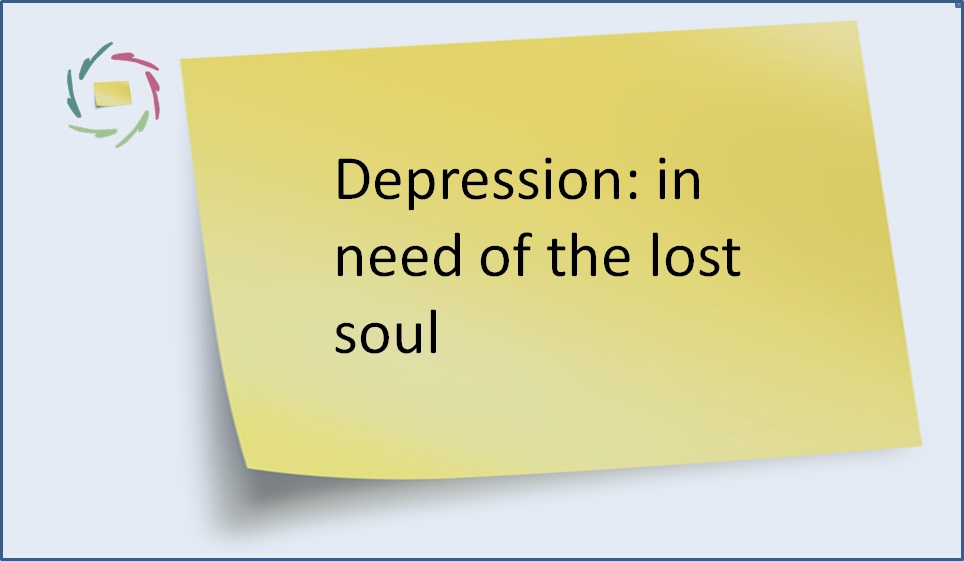56. Whispering

My God, I saw a program about a man who, like so many, used to ‘break’ the will of a horse in order to make it comply to the will of his ‘master’. So mean. So sad. So beastly (and I don’t mean the horse).
◊◊◊
Then came a book and movie about a ‘horse whisperer’ who does the opposite. He ‘breaks’ nothing. Instead, he goes to the level of the horse -a highly noble animal- and actually, just basically asks things. He really communicates to the whole horse. He ‘suggests’ to the horse, shows his own good intentions, befriends the horse and leads its nature into giving and supporting, which it wonderfully gladly does. This is not a shout-whip-and-break communication. It is respectful. It is of course also not a ‘normal’ communication, which would be something like ‘horse, do this’, ‘horse, do that’. A horse doesn’t understand English, nor any other humanish. Therefore ‘whispering’ is a very good name for the language. It denotes something uncommon, something one can also easily pass without noticing, but which is not less important for that. On the contrary.
◊◊◊
It’s actually, and I already wrote it above, a kind of suggestive language. Like in ‘autosuggestion’. Did you think I wouldn’t like it?
◊◊◊
Much whispering is going on nowadays. I think and hope even much more to come in the near future. Horses are whispered to, but also dogs and other animals. With very good effect. Actually, anything that is natural and at the same has a certain degree of inner complexity, can be whispered to. We humans are no exception. There is a lot to learn from this, which can be put to good use in almost every aspect of society: in education, on the workfloor, in prison (and before getting there), in medicine, in how to handle addictions, etc.
◊◊◊
This may look like a simple solution for everything, but of course it isn’t. Whispering is to most people still a very foreign language, even more foreign than Chinese. It is not at all simply about ‘being friendly a little more’. Not simply about being ‘mister nice guy’ – although Robert Redford in the movie was of course a … nice guy. That’s OK, but much more is involved in whispering. If you only see that, you’re in for huge disappointments. This explains for instance why the concept of ‘caring & supportive manager’ is not endorsed by many ‘people management gurus’ who after briefly being enthusiastic, find it unrealistic. Well, what is unrealistic is their idea about it, which is directly related to their own not being able to speak the language. It’s like saying: “Those Chinese all talk gibberish. There is not a word of it to be understood.” That’s silly to say, if you live in China.
◊◊◊
But we all live in China, 24/7.
◊◊◊


